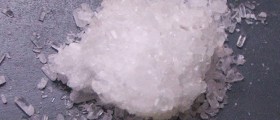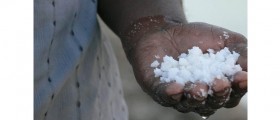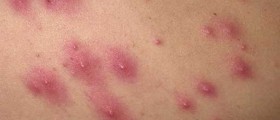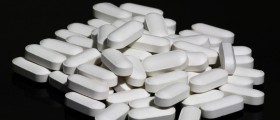hi, a friend asked me to make her some magnesium cream, as I was making some for my dad. However, I use magnesium chloride in his as the cream is for arthritus, whereas she wants to use it for boils..am researching pastes and use of clay etc to see what might work best, but my biggest question is whether magnesium chloride has the same effect as sulphate - been looking everywhere, but it's vague and most of the info out there is by websites selling stuff ie epsom salts or magnesium flakes, and research papers are usually focussed on toxicity and absorbtion, rather than boil treatments:) so any advice would be great xx thanks
Loading...
Hi.
Your question is interesting as it involves two different forms of magnesium: magnesium chloride and magnesium sulfate, often used in Epsom salts.
To start, it's important to understand that while both contain magnesium, the way they interact with the body can vary due to their different chemical structures.
Magnesium sulfate (Epsom salts) has long been used in folk remedies, including soaking for various skin conditions and aches. It is thought to have anti-inflammatory and antimicrobial properties. When it comes to boils, an Epsom salt bath or compress might help draw out the pus and relieve pain.
On the other hand, magnesium chloride is often used in topical products due to its better absorption through the skin, compared to other forms of magnesium. Its most common use is for muscle and joint pains, like arthritis, as you mentioned.
There isn't a lot of definitive scientific research on the use of magnesium chloride for treating boils. It's also important to note that while topical magnesium (whether chloride or sulfate) can help with various symptoms, they may not address the root cause of a boil, which is often a bacterial infection.
For boils, it's generally recommended to apply a warm compress to the area to help draw out the pus. Over-the-counter treatments can sometimes help, but if the boil is large, painful, or doesn't improve after a few days, it's important to see a healthcare provider. In some cases, prescription medication or a minor surgical procedure may be necessary to treat the boil.
When making any DIY treatment, be sure to use safe, clean practices to avoid introducing any additional bacteria or contaminants to the skin. It's also a good idea to test a small amount on a patch of skin first to make sure there's no allergic reaction.
Loading...
















